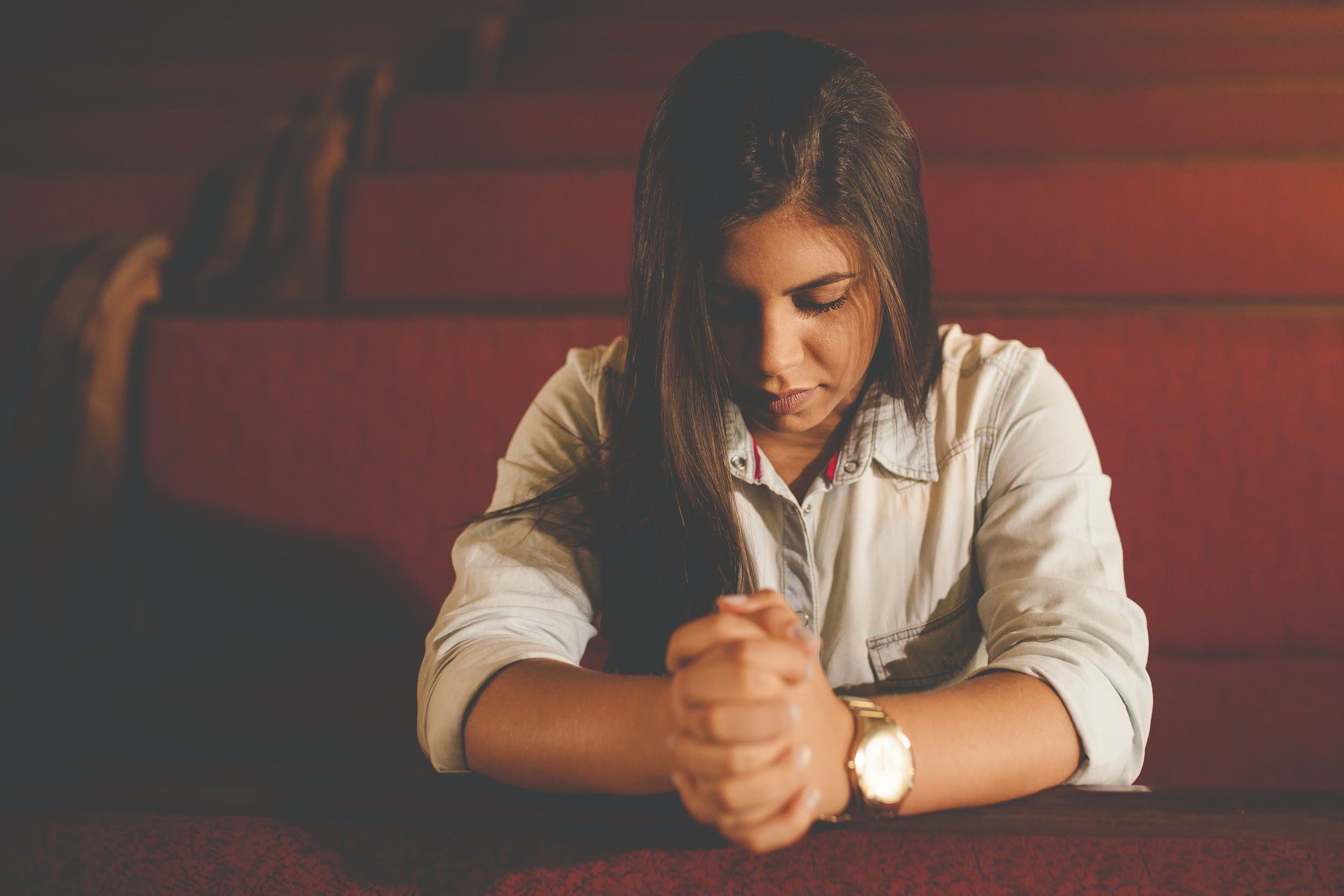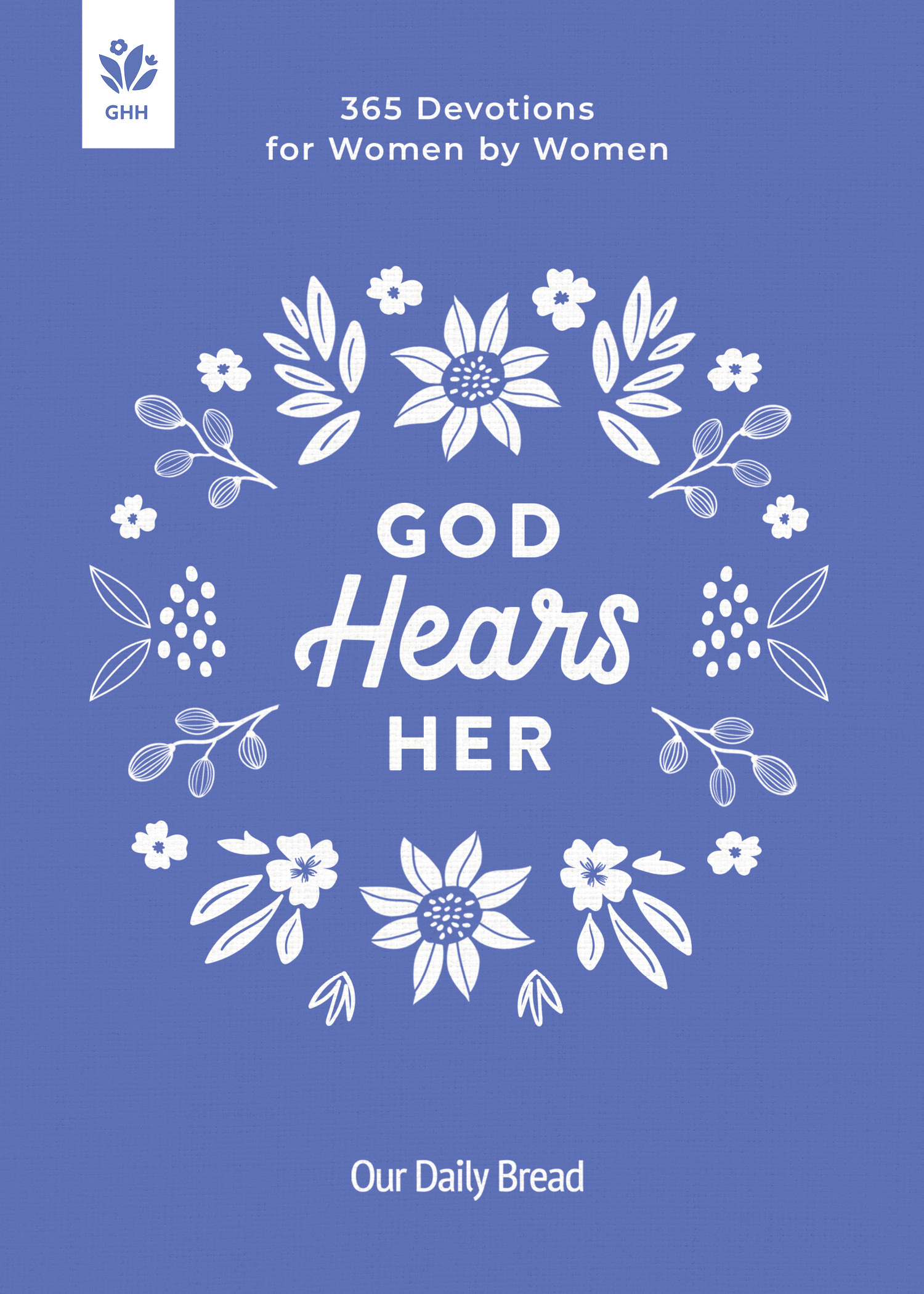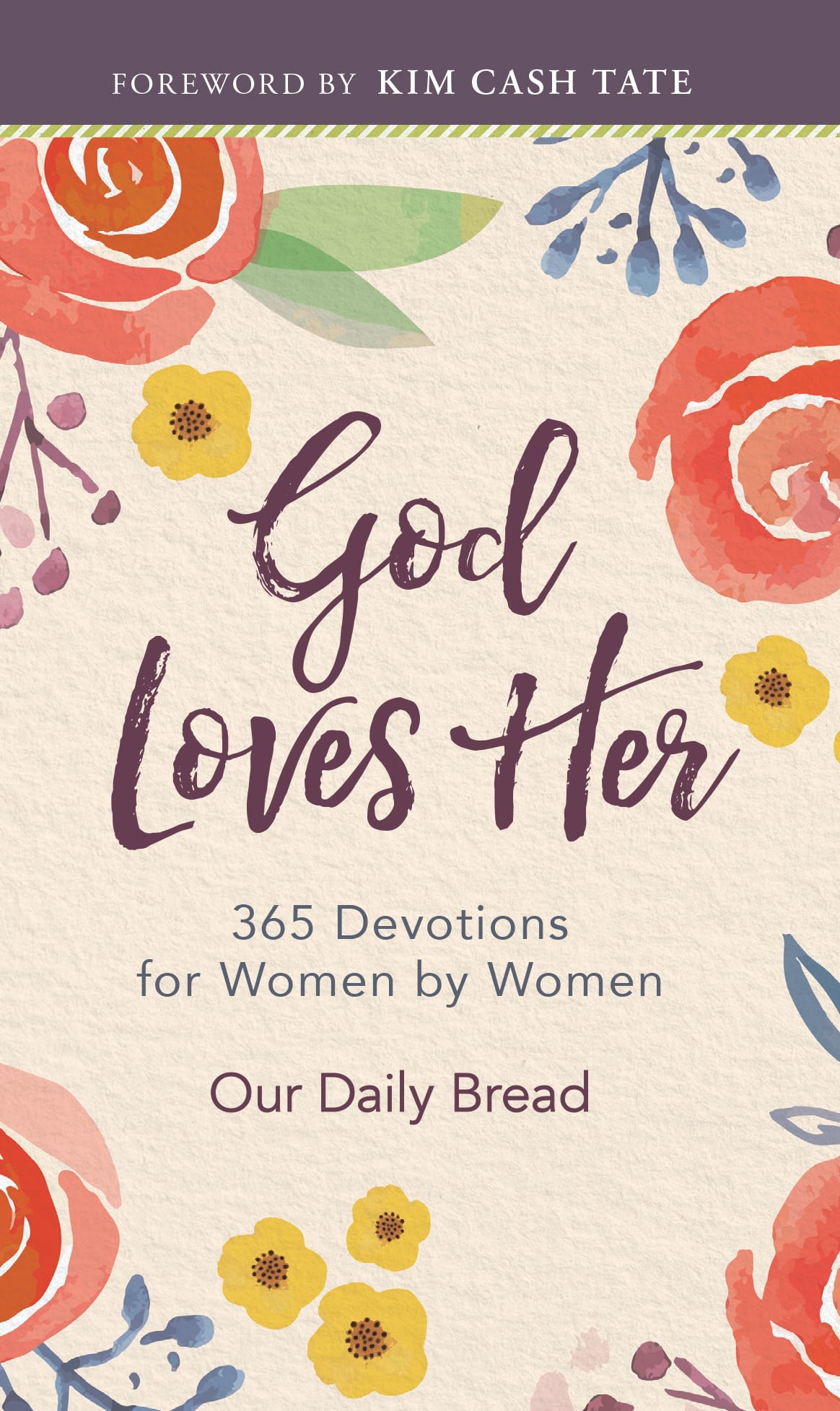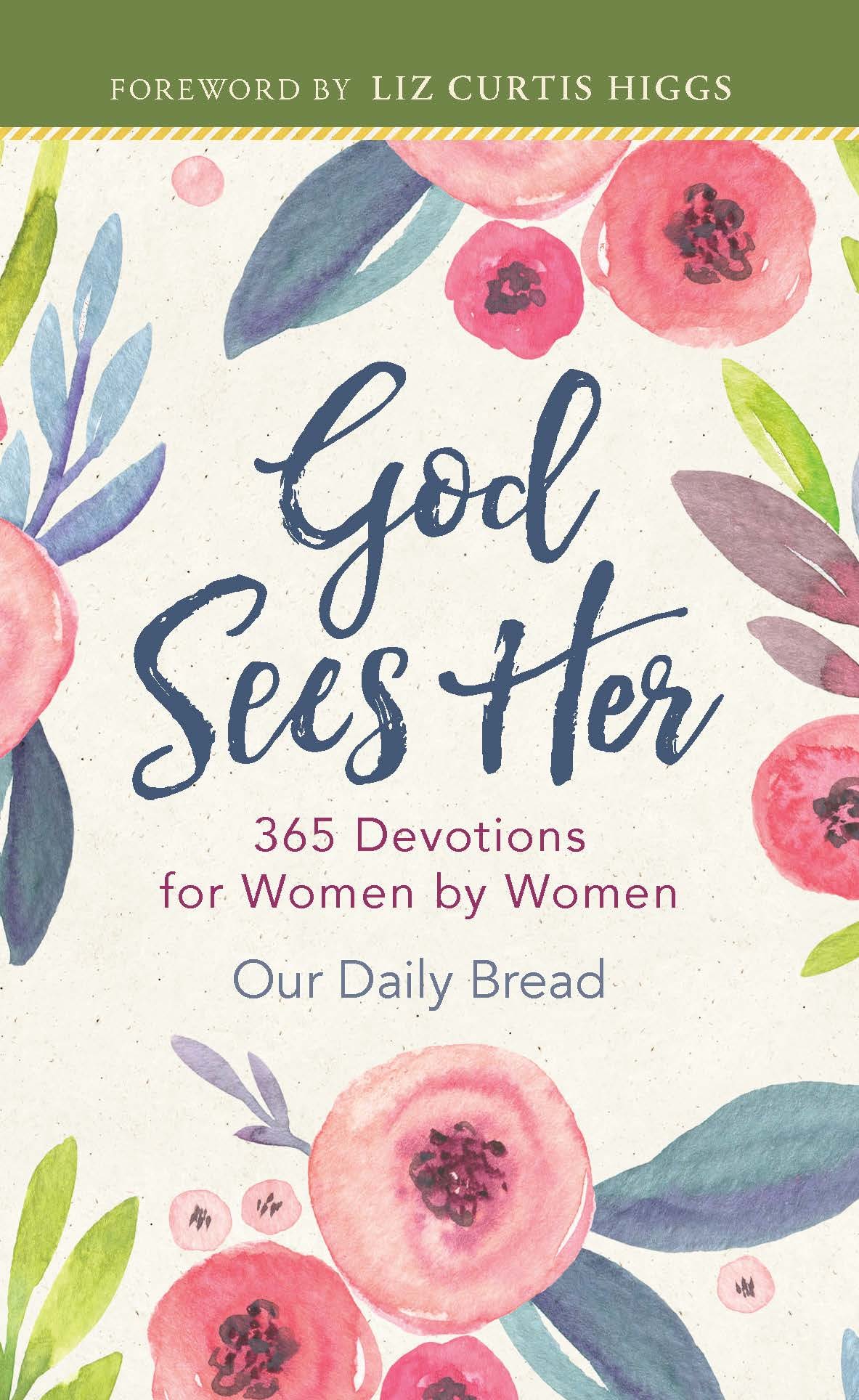Suppose doubt is not indicative of a lack of faith but of loosely holding our convictions and being willing to change our current position when given new evidence. My friend Carl, a pastor, posted the following in a recent Facebook post: “I’d much rather be around people who are honest about their doubts than to be surrounded by people who are absolutely certain that all of their beliefs are true.” I shared the entire post on my own Facebook page and many people responded with such sentiments as “I wish I could go to that church!” and one person even wondered aloud if the church was a place where they could ever feel safe questioning the faith.
Carl’s post led to a conversation between my husband Shawn and me. Shawn said something I thought very prescient, “If the disciples were certain that the Messiah had to be a political hero, if they remained certain about that, they would not have been in the position, nor had the humility, to learn, believe, and accept otherwise.” If we leave no room for doubt, it could be that we leave no room for truth. The disciples could only receive Jesus as Messiah if they set aside their preconceived notions of who and what the Messiah was supposed to be. They had to doubt (question?) their tightly held certainties, what had been taught to them for generations about the Messiah. They had to listen to Jesus and then after his ascension, go back and reexamine the Scriptures, Jesus teachings, and the early Christian community’s tradition for themselves.
Those who were unwilling to relinquish their expectations based on traditional explanations of who the Messiah would be could not bring themselves to accept Jesus, the Messiah, when he was standing right in front of them. Even today, it takes a lot of mental, emotional, and spiritual work, humility, study of Scripture, and healthy Christian community to separate our cultural notions of Jesus from who Jesus actually is.
Carl’s post and the responses to it remind us that people, even those who profess to be Christians, are searching for a safe place where they can be honest about their doubts and struggles. Of course, I am not advocating that anything goes or that we reject the tenets of that which is quintessentially Christian. That’s certainly not what I am saying. But my hope is that we can make room in our lives and churches for people who have honest questions without rejecting them for bringing up questions we deem sacrilegious.
Jesus made room for doubters. Think of Nicodemus who came to Jesus by cover of night because initially he could not risk his reputation as a religious leader by being seen publicly with Jesus (John 3). And of course, his own disciple Thomas initially doubted that Jesus had risen from the dead (John 20:24–29). Even when Jesus issued forth the Great Commission, Matthew tells us, “Then the eleven disciples went to Galilee, to the mountain where Jesus had told them to go. When they saw him, they worshiped him; but some doubted” (Matthew 28:16–17).
Isn’t that almost incredible? Jesus died. Then he rose from the dead. He appeared to many disciples after the resurrection. Angels appeared after he ascended into heaven, and yet, some still doubted. They doubted what they saw with their very eyes. Or perhaps they doubted the meaning of it all.
Doubt is part of a growing faith. And often serves as a catalyst for a stronger faith. When we investigate the claims of Christianity, or for that matter, the claims made by fellow Christians about Christianity, we have a better chance of owning our faith for ourselves. Instead of putting our faith in what someone else says about God or in what our parents taught us about God if they taught us, after wrestling with our doubts, we are likely to come out stronger. But of course, there is no guarantee we will. Judas Iscariot did not. It appears that the rich young ruler, the one whom Jesus had commanded to sell all he had and follow him, did not (Mark 10:20–23).
And yet, my hope is that those of us who doubt and struggle can find a safe place and safe people. We need people full of God’s wisdom and patience with whom we can be honest about our struggles and our doubts. Indeed, Matthew 28 shows us that there is room for those who doubt to worship Jesus.
—Written by Marlena Graves. Used by permission from the author.







5 Responses
I am a Christian living simple in this world…I think. But I question what the ‘Biblical people express the word as "inspired by God". We all have interpretation and individual. I do belive as a Christian; it is a Personal relationship with God. As a community of believers I agree we need a safe place to share our hearts concerns. My Salvation and journey with the Trinity is a humble manner available for correction. I am created by God to live pleasing and willing to serve him in well doing. I pray the Lord will say, well done my good and faithful servant.
Wisdom grows through patient observation and prayerful consideration. Doubting a standard, to me, is a gift from God. It’s an opportunity to develop wisdom by reflecting on what we think we know and comparing it to what that still small voice is telling us is HIS truth.
Well said.
We, the Church, need to be a place where we don’t feel like it’s necessary to hide. The healthiest places are when we know we are safe to be ourselves. The hardest places to be are where we all put on a mask to disguise our fears, wounds, addictions, and failures.
If we could all take the attitude of being Beginning Learners, in every area of our lives we wouldn’t need to pretend liked we have got life Mastered!!
It only takes one person to start a trend….to trust in Jesus.
Thank you, it’s better to live out of your faith, it can cause a damage. Those living in faith are sheep 🐑 waiting in their cages.
Throughout life, I have heard fellow believers state, "We should not question or doubt the word of God". Thank you for reminding me that, "Doubt is part of a growing faith" and that our doubt is a catalyst for growth about Christianity. It is awesome to know that we gain wisdom and knowledge through our doubts.